In 2018, RELSAFE and Oakridge SAS launched a PSA Training Academy in Paris to provide high quality, practically oriented and value added training services to clients in the area of Probabilistic Safety Assessment.
Notable benefits of Training Academy
- Instructors are accomplished in-house PSA experts, with extensive international experience and vast practical experience on the subject, who can deliver advanced courses in all areas of PSA.
- Renowned international experts (from our partner companies) are engaged for training on specialized topics like Seismic Hazard and Fragility Analysis, Circuit Failure Analysis, Multiple Spurious Operations induced by fire etc. Their practical expertise brings added value to the participants.
- RELSAFE’s in-house experts are advanced users of RiskSpectrum® and CAFTA – World’s leading Risk and Reliability software suites.
- Customization and delivery of training at client premises as per the client’s needs (in addition to our scheduled courses in Paris).
Training Modules
The training modules include introductory courses, advanced courses and a range of specialised PSA training courses. The modules combine theory with practical examples from industry (BWRs and PWRs), cover different combinations of PSA software features for efficient modelling and quantification and provide an overview of international best practices. Brief details of the training courses are given below. A detailed training brochure can be shared upon specific requests.
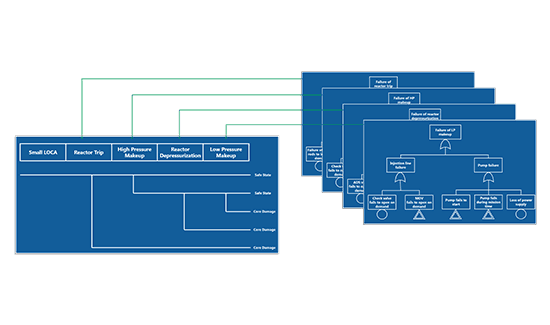
PSA Course 1: Level 1 PSA – Internal Events
The objective of this course is to provide participants both a broad overview and a detailed introduction to PSA and its various elements. The focus is on Level 1 PSA internal events analysis. The course is designed for individuals with little or no experience in PSA. The lectures combine simple theory with interesting practical examples from industry (BWRs and PWRs) and hands-on practice. An overview of the most widely used international references (IAEA, USNRC, EPRI, ASME/ANS, NEI, CSNI etc.) along with their application will be provided for each element of the internal events analyses.
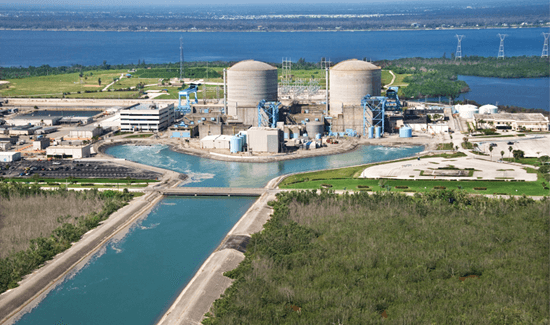
PSA Course 2: LPSD PSA, Internal and External Hazards, Level 2 & 3 PSA
The purpose of this course is to give participants an introduction to PSA topics such as low power and shutdown PSA, internal hazards, external hazards, Level 2 and Level 3 PSA. The course is designed for individuals with some experience in PSA (attended PSA Course 1 or has working experience in Level 1 PSA). The lectures combine simple theory with interesting practical examples from industry with hands-on practice. An overview of the most widely used international references will be provided for each specific topic.
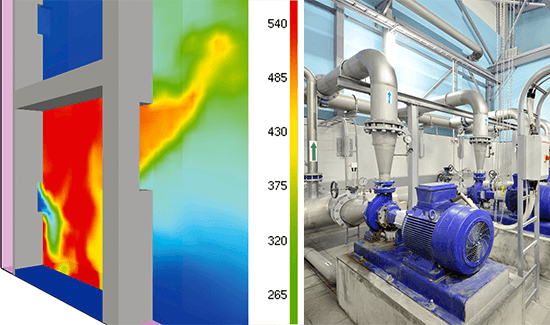
Specialised PSA Course 1: Internal Hazards Analysis
The purpose of this course is to provide the participants with an in-depth understanding of the various tasks that are carried out as a part of Internal Fire PSA and Internal Flooding PSA studies based on USNRC and EPRI methodologies while including the practical experiences and examples on application of these methodologies. In addition to providing the details of the process flow of analysis in the form of various tasks based on state-of-the-art methodologies, the course also touches upon briefly the special topics like multiple spurious operations, circuit failure analysis, detailed fire modelling using FDT/CFAST/FDS and important aspects that need to be taken care of for LPSD states. This course is also intended to provide a brief overview on the treatment of Turbine Missiles in PSA.
The course is tailored for nuclear power plant operators, regulators and for PSA practitioners.
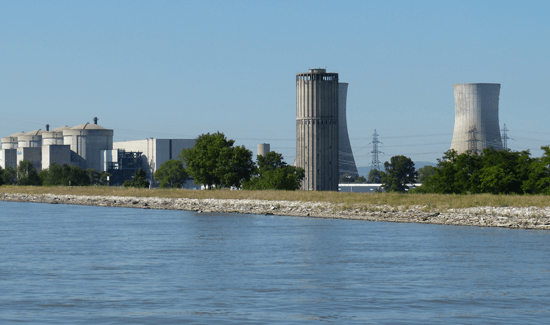
Specialised PSA Course 2: External Hazards Analysis
The purpose of this course is to provide the participants with an in-depth understanding of the various tasks that are carried out as a part of External Hazards PSA (Seismic Events, High Winds and Tornadoes, External Flooding & Aircraft Impact) based on IAEA, USNRC and EPRI methodologies while including the practical experience and examples on application of these methodologies. All the three important elements of external hazards like the hazard analysis, fragility evaluation and plant response analysis & PSA modelling are covered with a main aim of providing the necessary background and understanding for a PSA Manager/Analyst to plan and coordinate the different activities in External Hazards PSA with a holistic perspective.
The course is tailored for nuclear power plant operators, regulators and for PSA practitioners.
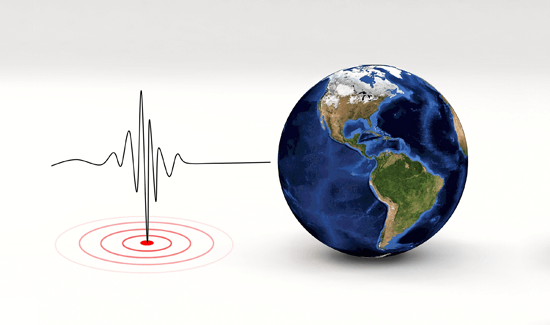
Specialised PSA Course 3: Seismic PSA (SPSA) – Detailed Course
The purpose of the course is to provide the participants with an in-depth understanding of the various tasks that are carried out as a part of the Seismic PSA study based on IAEA, USNRC and EPRI methodologies while including the practical experience and examples on application of these methodologies. Details of all the three important elements of SPSA: hazard analysis, fragility evaluation and plant response analysis & PSA modelling are covered in this module in sufficient detail with a main aim of providing the necessary background and understanding for a PSA Manager/Analyst to plan and coordinate the different activities in SPSA with a holistic perspective.
The course is tailored for nuclear power plant operators, regulators and PSA practitioners.

Specialised PSA Course 4: Spent Fuel Pool Risk Assessment
There is a need to understand more clearly the risks associated with SFPs, to understand its interactions with the reactor fuel, and to ensure that vulnerabilities are appropriately addressed. The purpose of this course is to provide the participants with an in-depth understanding of the various tasks involved in SFP Risk Assessment based on USNRC and EPRI guidelines while including the practical experience on application of these methodologies. Focus is on an integrated SFP-reactor PSA which is the assessment of the overall plant risk and SFP risk contribution to a plant’s risk profile. The SFP PSA training module also covers evaluation of potential interactions between the Reactor and SFP accident progression and human factors or the human actions associated with the safety of the SFP. The course is designed keeping nuclear power plant operators, regulators and PSA practitioners in perspective.
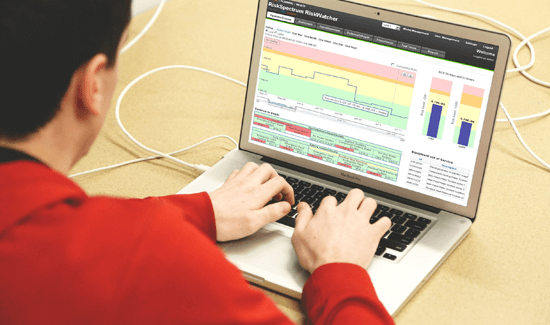
Specialised PSA Course 5: PSA Applications
In recent times, PSA is more broadly being applied to support numerous applications and risk informed decisions on various design related, operational and regulatory issues. The expanded use of PSA in the integrated risk informed decision making process requires that the PSA possess certain features to ensure its technical consistency and quality. The features of a PSA that are necessary to support specific applications vary with the application. The purpose of this course is to provide the participants with an in-depth understanding of the various PSA Applications (like Probabilistic Evaluation and Rating of Operational Events, Use of PSA for NPP Upgrades and Back-fitting Activities, Risk-informed Technical Specifications Evaluation and Optimization, Risk-based Configuration Control/Risk Monitors, Risk-Informed Categorisation of Structures, Systems and Components (SSCs) and other PSA Applications) and the attributes the PSA should have to use it for a particular application based on ASME PRA Standard, IAEA and USNRC guidelines. The course is designed for nuclear power plant operators, regulators and PSA practitioners.

